10 brand archetypes & How They Can Help in Business Growth. A brand is an image that people associate with a business and its products or services, but it can also be an idea, a symbol or even a personality. This is where the concept of branding comes into play; creating something that stands out from all other competitors.
If you’re looking to grow your business then there are many different ways to go about doing so and one way would be through using archetypes as part of your marketing campaign/strategy. Brand Archetypes create powerful connections between customers and businesses by allowing them to relate on some level with what type of person you want them to think you are (whether real or not).
In this article, I’ll be focusing on 12 types of brand archetypes that you should consider using as part of your branding strategy.
1. The Expert
This is a tried and tested archetype to use when convincing your customers that you are worth buying from. They have the facts and figures to back up their claims because they know their stuff. If you can tell your audience that you’re this type of brand. hen great – if not, don’t worry because you can still market yourself to be an expert in your field by utilizing other archetypes such as the Sage.
2. The Adventurer
This archetype is for brands that want to convey excitement and positivity through their branding. From a mood perspective, this archetype is usually more fun and light-hearted than brands that convey reliability through being an Expert. Examples of this archetype include the outdoor clothing company North Face and TV channel MTV.
3. The Creator
This relates to brands that offer useful or innovative solutions to a problem, rather than just a product or service. An example of this archetype would be the home improvement store B&Q, which is not just selling you a product, they are giving you the means to create your own unique garden or kitchen. This archetype is probably most effective when combined with other archetypes as it can be quite limiting if used by itself.
4. The Hero
This archetype is the backbone of many brands which are essentially hero-based. For example, Batman, Superman and The Incredible Hulk are all examples of this archetype. This archetype can be very persuasive to customers as it taps into our psyche that heroes are good people who always save the day. It’s also quite easy to work with because it does not have to be limited to a particular product range and could relate to anything that you sell.
5. The Outlaw
This is the opposite of an archetype such as The Hero. As people with this archetype are seen as misfits who do not follow the rules like everybody else. However, they end up succeeding because their ingenuity allows them to get past the restrictions put in place by others. Outlaw brands are usually small and independent. But can sometimes be bigger like the clothing line Diesel or budget airline Ryan Air.
Related Articles
- 17 Types Of Business Names which One Suits your Business
- what`s in a Business name | Create Business Name that sells.
- How To Choose a Business Name That Makes Your Company a Brand.
6. The Explorer
This archetype is very similar to that of an Adventurer, however, this type of brand has more intelligence about the world around them. Than just someone who will try any activity. An example of this archetype would be the TV channel National Geographic who explores the world, educating us. As they go along about new cultures and places.
7. The Caregiver
This archetype is usually used for brands that want to seem trustworthy, through being dedicated to looking after their customer’s needs. A famous brand that uses this archetype very effectively is the telecommunications company BT. Which has a tagline of ‘Looking after your world’ to convey their safety-conscious service. If you want your brand to seem particularly trustworthy and reliable, using this archetype would be a great way of achieving that goal.
8. The Sage
This archetype is for brands that may not necessarily be intelligent. But are wise when it comes to passing on knowledge about the world around them. An example of this could be the website Ask Jeeves. Which provides users with ‘experts’ to answer their questions via email or telephone. If you run a company that provides information to the public, this archetype would be very effective for you.
9. The Jester
This archetype refers to brands who want to seem fun and try to attract people through a ‘cool’ factor. An example of this type of brand is the clothing company, Ben Sherman. Which often has its advertising campaigns shot in a humorous or artistic way. This archetype is normally used for fashion brands, but could also work if you run a fun company.
10. The Lover
This archetype refers to brands who want their customers to become emotionally attached through love and romance. One example of this archetype would be the luxury brand Gucci. Which markets itself as being an indicator of class and wealth. Brands that utilize this archetype can be either masculine or feminine, as both genders like to feel that they are loved by their brand.
11. The Magician
This archetype refers to brands who want customers to believe that they use magic or sorcery to achieve their goals. An example of a brand utilizing this archetype could be the clothing company French Connection, which markets itself as being ‘The Art of Being Clothes’. If you have a product or service that seems magical or impressive, this archetype would work well for you.
12. The Innocent
This archetype refers to brands who want their customers to be able to relate to them emotionally, and feel like they are similar. An example of this archetype is the youth clothing store Abercrombie & Fitch, which uses young models with tanned skin in its marketing material. This archetype works well if you run a brand that wants to attract teenagers or young adults.
Conclusion
There are many ways to grow your business. You can try new marketing strategies, offer a better product or service, and make sure you’re giving people what they want in the way that they want it. But for some entrepreneurs out there, these options seem daunting-especially if you don’t know where to start. That’s why we’re here with 12 brand archetypes that may be just what you need to get started on your own growth journey! Which archetype do you think best describes your company?
Comment below and let us know how this article has helped inform your decision moving forward about whether or not one of these might work well for you.
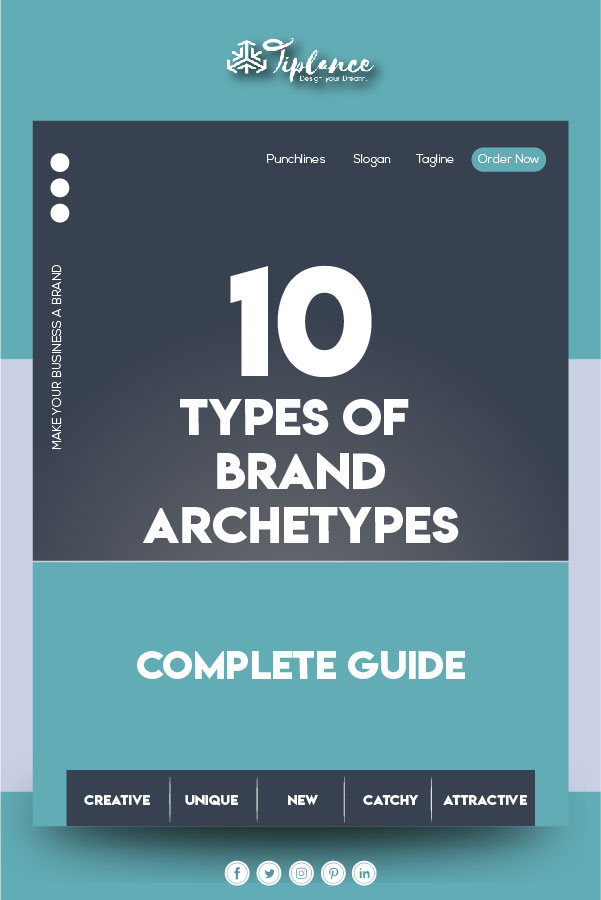

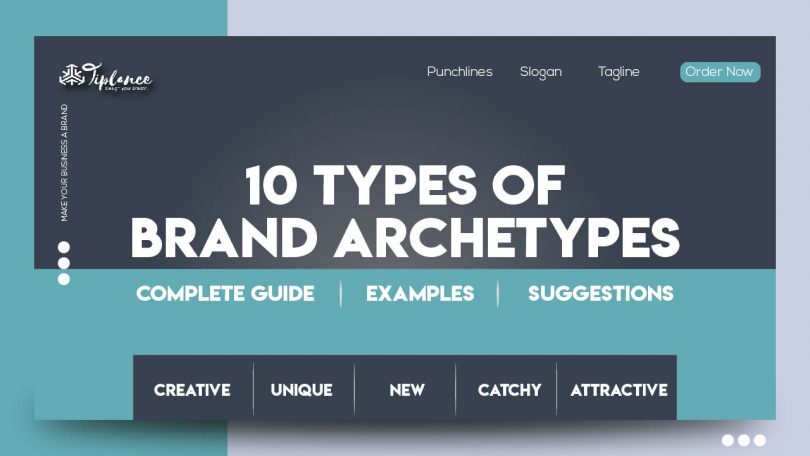
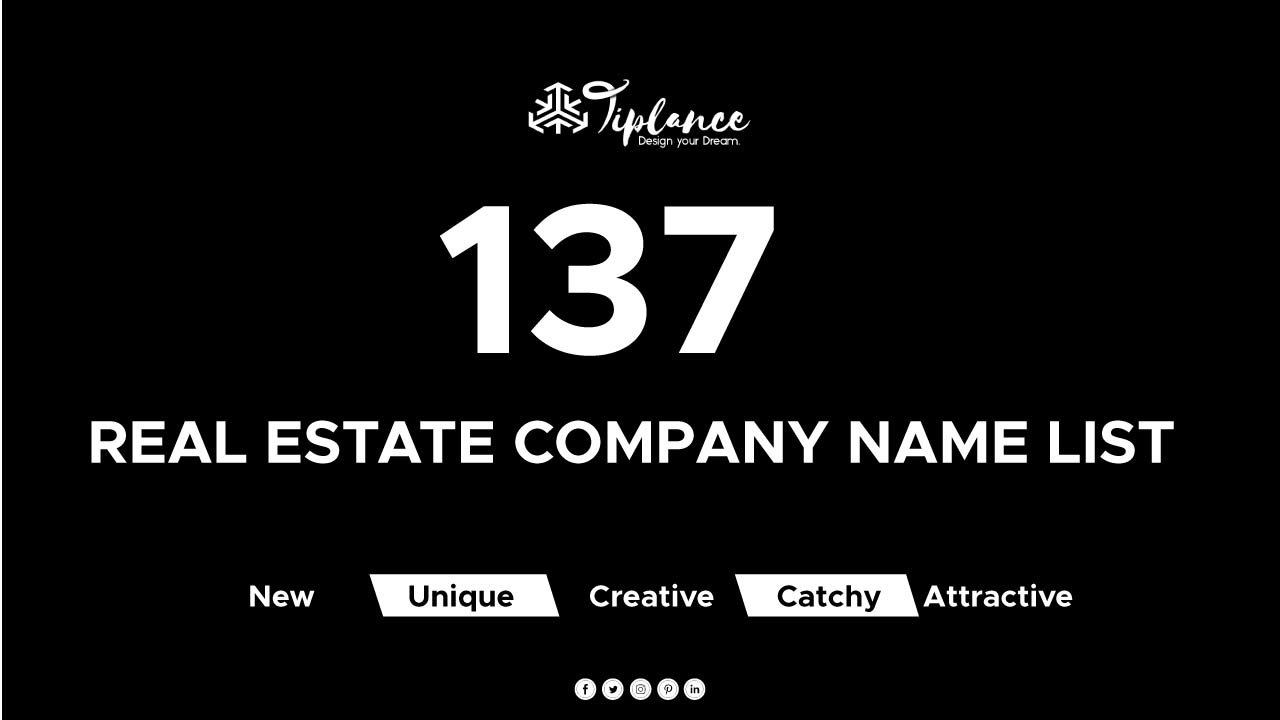
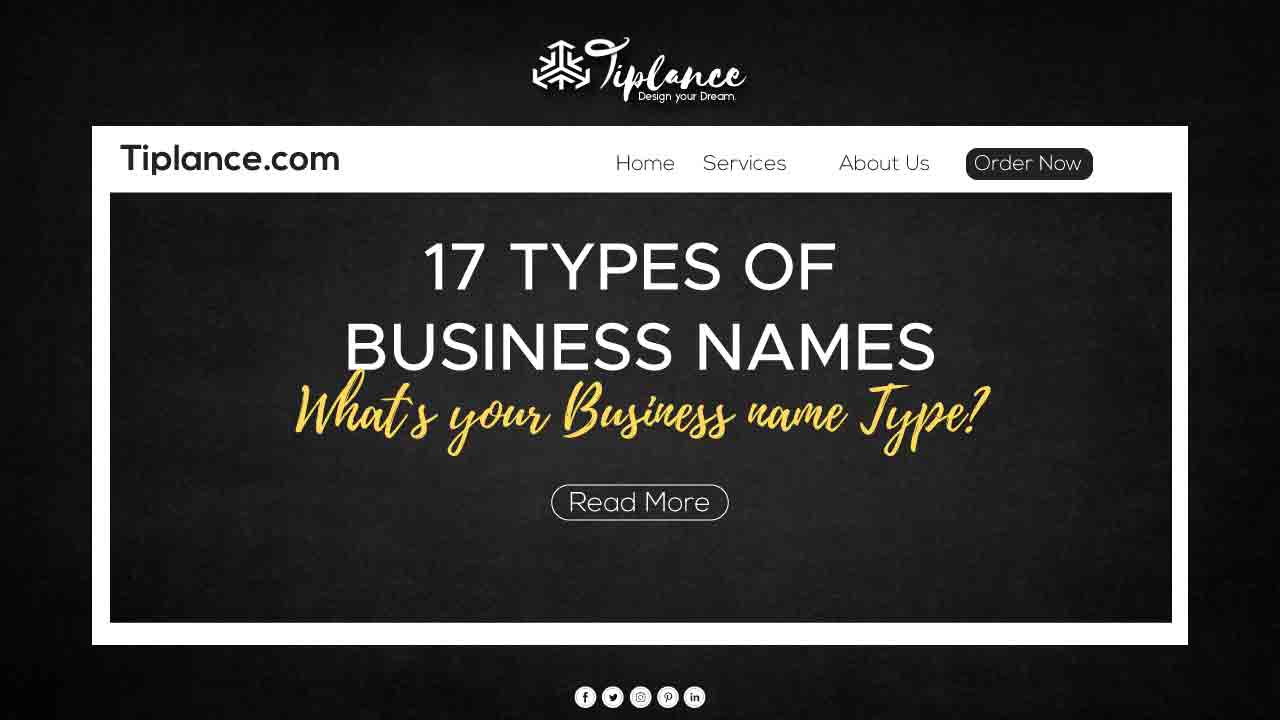
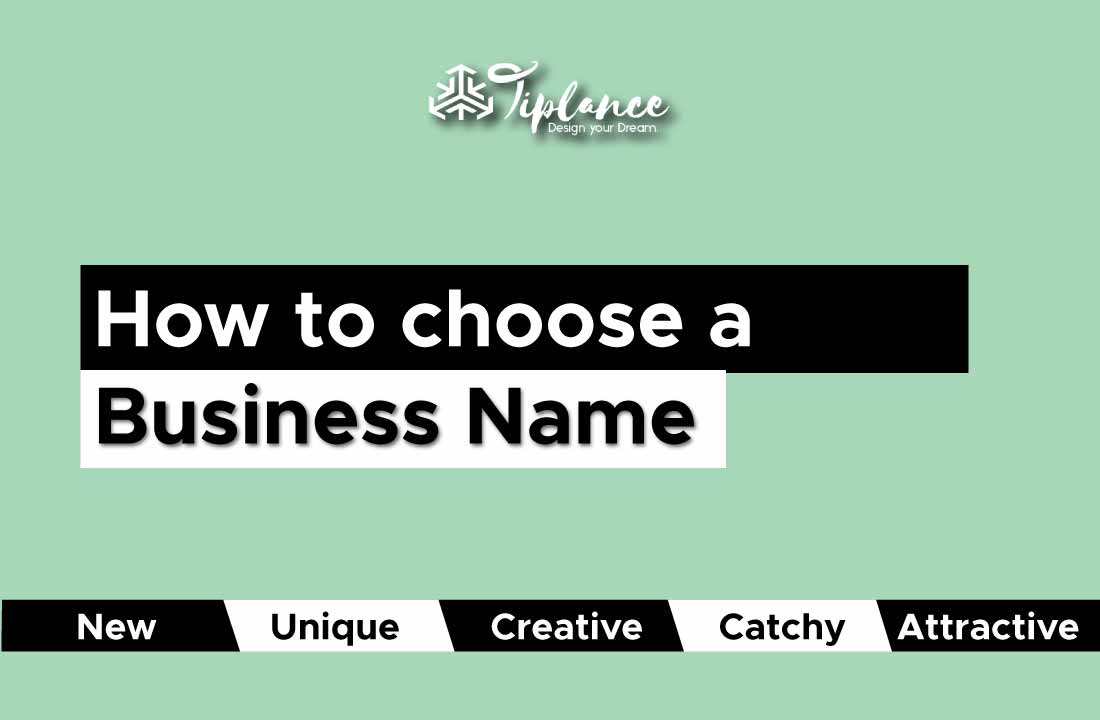
Leave a Comment